Xiaomi's latest value flagship sets a new standard for wired charging, but it falls short in other areas.
Xiaomi tweaked its flagship strategy last year: it introduced the Mi 10 series in the summer and followed it up with a value-focused Mi 10T six months later. OnePlus mastered this dual-release cycle over the last seven years, so it made sense for Xiaomi to follow suit.
In 2021, Xiaomi's flagship portfolio is stronger than ever. The Mi 11 and Mi 11 Ultra are among the best Android phones I used this year, and Xiaomi made much-needed changes to its software with MIUI 12.5. The Chinese manufacturer also turned its attention to charging tech; it was outmatched in this area by its BBK rivals — with OnePlus and OPPO delivering 65W charging as standard — so Xiaomi clearly needed a win here.
With the 11T series, it has managed to do just that. The Xiaomi 11T Pro offers 120W fast charging as standard, with the 5000mAh fully charging in just 20 minutes flat. The phone is also the first in a rebrand that sees the manufacturer move past its Mi roots and instead switch to eponymous branding for its flagships.
With the Xiaomi 11T Pro offering the latest silicon, a 120Hz AMOLED panel, and insanely-fast charging, it has all the ingredients for a standout value flagship. So let's find out how it holds up against its rivals, and whether you should pick up the Xiaomi 11T Pro if you're in the market for a new value flagship.
Xiaomi 11T Pro
Bottom line: The Xiaomi 11T Pro gets a lot right: it has the latest internal hardware, 5G, a sublime 120Hz AMOLED panel, and two-day battery life. The 120W fast charging makes a huge difference as well, and Xiaomi will deliver three Android platform updates. However, the cameras are strictly average, the design doesn't stand out, and other Xiaomi phones in this category offer better value.
The Good
- Incredible 120Hz AMOLED panel
- Charges faster than any other phone in this category
- Battery lasts over a day with ease
- Flagship-tier innards with 5G
- Three guaranteed Android updates
The Bad
- Boring design
- No OIS
- Cameras not on par with other value flagships
- Only IP53 splash proof
- Availability issues
£599 at Xiaomi UK €649 at Xiaomi
Xiaomi 11T Pro Price and availability
The Xiaomi 11T Pro made its debut on September 15 alongside the Xiaomi 11 and 11 Lite NE 5G. The phone is now up for pre-order in European markets, and will be going up for sale starting October 1 for €649 ($760). The phone is sold in Celestial Blue, Moonlight White, and Meteorite Gray color variants, and you can pick it up in two memory configurations: the 8GB/128GB version costs €649 ($760), and the 8GB/256GB variant is available for €699 ($820).
Xiaomi is running a few launch offers to incentivize the 11T Pro. In Germany, all pre-orders done before September 30 will get Xiaomi's fitness-focused Mi Smartwatch for free. Over in Spain, Xiaomi is offering the 32-inch Mi TV P1 for free with all pre-orders, with the offer valid until October 3.
Over in the UK, the 11T Pro is sold in a single 8GB/128GB option that is available for £599 ($817). Pre-orders are set to kick off from September 24, and you can pick up the 11T Pro for £499 ($680) with the code XIAOMI11TPRO.
Xiaomi 11T Pro Design and screen
When you look at Xiaomi's 2021 portfolio, it's clear that the brand is trying out different designs. The Mi 11 had a modern aesthetic with a new camera housing that made it stand out, and the Redmi Note 10 series emulated a similar design language. The Mi 11X series (sold globally as the POCO F3, however, had a more mainstream design with a few tweaks to the camera housing, and the Xiaomi 11T follows in the same vein.
The Xiaomi 11T Pro has an underwhelming design, and it's unwieldy to use.
While the Mi 11 featured a glass back, the Xiaomi 11T Pro comes with a polycarbonate finish instead. This isn't a big deal; after all, Xiaomi had to save costs somewhere, and it makes sense for the brand to do so with the design rather than hobble the internal hardware. That said, the design of the 11T Pro doesn't excite me at all, particularly the Meteorite Gray variant. The Celestial Blue and Moonlight White options look much more interesting, so if you are eyeing this phone, you'll want to pick up either of those variants.
The Meteorite Gray model has a brushed aluminum look underneath the polycarbonate back, and there are large rings around the main camera modules. However, the rectangular housing makes it look boxy, and it doesn't really move the needle in terms of design. Another issue with the 11T Pro is the size; with a width of 76.9mm, this is one of the widest phones I've used all year — it is 1.3mm wider than the S21 Ultra, 2.3mm wider than the Mi 11 and Mi 11 Ultra, and 0.5mm more than the POCO F3. So even though the phone has curves at the back where it meets the mid-frame, it isn't particularly comfortable to hold and use.
I don't really understand why the phone had to be so wide; it makes using it just that little bit more tedious, and the thickness of 8.8mm and weight of 204g don't make things any easier. The 11T Pro uses a dual-cell design to facilitate 120W fast charging, but so do the Find X3 and OnePlus 9, and those devices aren't anywhere as unwieldy as Xiaomi's offering.
The mid-frame itself is made out of aluminum, with a matte finish making it somewhat easier to grab the phone at the sides. The port layout and button configuration is unchanged: you'll find the power and volume buttons on the right, USB-C port at the bottom, dual-SIM housing to the left of the charging port, and stereo sound with balanced channels at either end of the phone.
As for ingress protection, the 11T Pro gets a splash-proof IP53 rating, just like the Redmi Note 10 series. With Xiaomi offering IP68 water resistance on the Mi 11 Pro and Mi 11 Ultra this year, I figured this would be a standard feature across all premium devices going forward. But that isn't to be, and the 11T Pro is limited in this area. Similarly, you miss out on an in-screen fingerprint reader, with the phone instead using a side-mounted module that's baked into the power button — again, like the Redmi Note 10 series.
For a phone that costs €649, the Xiaomi 11T Pro's design choices are baffling. It isn't easy to hold or use, the design itself is rather boring, there's no IP68 water resistance, and you don't get an in-screen fingerprint sensor.
While the design itself is underwhelming, that is thankfully not the case with the display. You get a 6.67-inch FHD+ AMOLED screen with 120Hz refresh rate and Dolby Vision, with thin bezels and a centered cutout for the front camera module.
The panel itself is one of the best in this category; Xiaomi has made a habit of offering high-quality AMOLED panels that are calibrated well, and that's no different with the 11T Pro. You get rich colors with excellent contrast levels, great viewing angles, and I had zero issues with visibility under sunlight.
Thankfully, Xiaomi nailed the brief here — the 11T Pro has one of the best 120Hz AMOLED panels around.
As is the case with most Xiaomi phones, you get a decent amount of customizability: the anti-flicker mode enables DC dimming, there's a dedicated Reading Mode, you can adjust the color balance to your tastes (there are three preset modes), and you'll find an AI image engine that boosts contrast and brightness for locally-stored photos and streaming videos. Oh, and you get motion smoothing as well.
You can also set up AOD, with Xiaomi giving you plenty of customization options here as well. It is enjoyable to stream videos and play games on the device, with the powerful stereo sound making a big difference. This is one of the best panels you'll find in the value flagship segment, and the screen itself is protected by a layer of Gorilla Glass Victus.
While Xiaomi nailed the basics, the one thing that continues to annoy me with its phones is that they're set to a 60Hz refresh out of the box. Xiaomi is the only brand that does this; all other phones I've used with 90Hz or 120Hz offer the higher refresh rate as the default option. It's understandable why Xiaomi opted to do so — it wants to maximize battery life, and it's easy enough to go into the settings to change the screen refresh. But it is entirely feasible that some users will miss seeing the option altogether, and Xiaomi should make it easier to switch to 120Hz while setting up MIUI.
Xiaomi introduced a scaling mode for its 120Hz Mi 10T series last year that allowed the screen to dynamically alter refresh based on the use case, but that feature is yet to make its way to the brand's AMOLED-powered phones. On the 11T Pro, you get the ability to switch between 60Hz and 120Hz.
Xiaomi 11T Pro Performance and battery
Coming over to the hardware side of things, it's a familiar story: the 11T Pro is powered by the beastly Snapdragon 888, and as you can imagine, it delivers outstanding performance. I haven't really had any issues with any of the Snapdragon 888 phones I've used this year, and that's the case with the 11T Pro as well. The level of power on offer is overkill for most day-to-day tasks, and even during demanding games, there's no throttling or lag.
| Specs | Xiaomi 11T Pro |
|---|---|
| Software | MIUI 12.5, Android 11 |
| Display | 6.67 (2400x1080) 120Hz AMOLED |
| Chipset | 2.84GHz Snapdragon 888 |
| RAM | 8GB/12GB |
| Storage | 128GB/256GB |
| Rear Camera 1 | 108MP ƒ/1.75 (primary) |
| Rear Camera 2 | 8MP ƒ/2.2 (wide-angle) |
| Rear Camera 3 | 5MP ƒ/2.4 (macro) |
| Front Camera | 16MP ƒ/2.4 |
| Connectivity | Wi-Fi 6, BT5.2, NFC |
| Battery | 5000mAh | 120W wired |
| Security | Side-mounted fingerprint |
| Colors | Celestial Blue, Moonlight White, Meteorite Gray |
| Dimensions | 164.1 x 76.9 x 8.8mm |
| Weight | 204g |
Similarly, I didn't notice any issues in day-to-day use. With 8GB of LPDDR5 RAM and 128GB of UFS 3.1 storage as standard, there's more than enough memory and storage out of the box, and there's also a 256GB model if the base variant doesn't quite cut it for your use case.
The 11T Pro did a decent job with the basics; I didn't have any issues with Wi-Fi 6 connectivity in the week that I used the phone, and I paired the device with the best wireless earbuds and it maintained a reliable connection over Bluetooth 5.2. Call quality was similarly great, and the phone held up just fine the few times I turned off Wi-Fi to test the cellular connectivity.
On that note, the 11T Pro has 5G connectivity, and it has a decent set of Sub-6 bands: n1/3/5/7/8/20/28/38/40/41/66/77/78. A few companies have been stingy in this regard — looking at you, OnePlus — but that isn't the case with Xiaomi here, so you should get decent 5G coverage in markets where the phone is officially sold.
There really isn't a lot missing here, and at least in terms of the hardware, the 11T Pro ticks all the right boxes. The fact that it is running the Snapdragon 888 means you shouldn't see any slowdowns for the foreseeable future. Last year's Snapdragon 865-powered devices continue to deliver incredible performance in most usage scenarios, and it's entirely likely that I'll be saying the same thing in a year's time about the Snapdragon 888.
The marquee feature on the Xiaomi 11T Pro is the fast charging tech. The phone has a large 5000mAh battery with a dual-cell design that includes two 2500mAh cells that charge simultaneously. The battery life by itself is fantastic; I averaged well over a day's worth of use from a full charge.
If you want the fastest-charging phone today, you'll need to pick up the 11T Pro.
But what makes the phone truly stand out is the 120W HyperCharge charging tech. Xiaomi bundles the 120W charger in the box, and while it is gigantic by today's GaN standards, it does a great job delivering up to a 120W charge to the phone at 20V/6A. You will need to use the bundled charger and USB-A to USB-C cable to be able to hit 120W, and once you do, you'll see an animation on the screen to indicate that the phone is charging at the fastest speed.
The phone itself doesn't get too hot while charging, and the dual-cell configuration means it takes just 20 minutes for the battery to fully charge. If you're using the phone while charging, it will fall back to 24W to ensure it doesn't overheat.
While the charging tech is advertised as 120W, a bulk of the charging is done at 70W to 80W. That said, what makes Xiaomi's 120W tech stand out from the 65W VOOC 2.0 standard is just far into the charge cycle it is able to deliver a higher current; while the Find X3 Pro falls back to 24W or 20W after hitting 60%, the 11T Pro maintains 70W for longer. Ultimately, this is what allows the 11T Pro to take just 20 minutes to fully charge the battery.
The stellar battery life combined with the insane 120W charging means the Xiaomi 11T Pro is the outright winner in this category. Xiaomi says even with 120W charging, there won't be any noticeable battery degradation up to 800 charge cycles, and given how well phones with 65W charging tech have held up over the last two years, I'll give Xiaomi the benefit of the doubt in this area.
Xiaomi 11T Pro Cameras
It feels like Xiaomi has used the 108MP camera in most of its phones, with the 11T Pro featuring the Samsung HM2 sensor for the primary lens. There's also an 8MP f/2.2 wide-angle lens, a 5MP macro with autofocus, and a 16MP f/2.45 camera at the front.
Xiaomi still makes it inconvenient to access the macro mode (it's tucked away in the settings), and the camera interface itself is unchanged from the Mi 11 series. You'll find the shooting modes laid out at the bottom, and you can change the position or add modes as needed. There's a Pro mode that gives you manual controls, and you'll find Xiaomi's Movie Effects mode that gives you a set of six interesting effects to try out for video recording.
Xiaomi uses 12-to-1 pixel binning to deliver a 12MP photo with the 108MP sensor, and there's also a full-res mode. While last year's Mi 10T series missed out on video recording, that's thankfully not the case this time — the 11T Pro gets the ability to shoot 8K at 30fps, and 4K at 60fps. There's also an Audio Zoom mode that enhances the audio from the subject in focus.
The 108MP sensor is a known quantity at this point, and the Xiaomi 11T Pro takes decent enough photos in its own right. Images taken in daylight have a saturated look with plenty of details and good dynamic range, but there's too much processing going on, and that ultimately makes foliage look overly smooth.
As for low-light shots, there's a night mode that automatically kicks in most of the time, and it does a good job eking out highlights and minimizing noise from shots. That said, dynamic range is limited in most low-light scenarios, and more often than not, the first shot you end up taking will be blurry. The dedicated Night Mode makes a big difference in delivering usable shots at night, and thankfully, Xiaomi has added this mode to the wide-angle lens as well.
Overall, the 11T Pro does a pretty good job considering there's no OIS, but for what it costs, you'll find plenty of phones that take better photos. The standard Mi 11 continues to be a fantastic choice in this category, and the fact that it's now on sale makes it a much better alternative to the 11T Pro if you need a phone for taking photos and recording video.
Xiaomi 11T Pro Software
The Xiaomi 11T Pro ran MIUI 12.5.3 based on Android 11 out of the box, and it got an update to MIUI 12.5.4 with stability and bug fixes during my testing window. In general, I like the direction Xiaomi has taken with MIUI 12.5; the under-the-hood optimizations have made the interface feel more fluid, Xiaomi fixed long-standing bugs around push notifications, and the ability to uninstall all but seven system apps is a bold step forward.
With three guaranteed updates, the 11T Pro will make the switch to Android 14 once that becomes available.
And with the 11T series, Xiaomi is joining Samsung and other major Android manufacturers in offering three guaranteed Android platform updates as well as four years of security updates. This is a big deal, particularly considering Xiaomi's efforts in this area have lagged behind its rivals. The downside is that older Xiaomi phones aren't guaranteed the same, but Xiaomi is likely to extend the policy to at least the Mi 11 series.
Thanks to longer-term updates and the changes in MIUI 12.5, the 11T is an enticing option in this category. While Xiaomi continues to roll out ads on some budget devices, that is thankfully not the case on the 11T Pro. That said, there are a few software quirks — I've encountered bugs on every Xiaomi phone I used over the last six years, so it was too much to assume that things would be any different with the 11T Pro.
First up is the situation with the app drawer. Although MIUI now comes with an app drawer and you get the option to enable it while setting up the phone, the UI adds icons for all the installed apps to the home screen. Then there's notification badges; they wouldn't show up for Newton Mail even thought I manually enabled the feature. There was also some wonkiness around scaling and dark mode, and while I didn't face any issues with push notifications or see any glaring faults in the interface, know that MIUI 12.5 still has a few bugs.
Xiaomi 11T Pro The competition
The obvious alternative to the 11T Pro is the Mi 11. The phone launched at the start of the year, but it has the same internal hardware, a higher-res QHD+ screen with the same 120Hz refresh, and cameras that are incredible. The battery life isn't as good as the 11T Pro and you only get 55W fast charging, but there is 50W wireless charging as well, and the phone has a much better design and is easier to hold and use. The Mi 11 launched for €799 ($940) but is now selling for €699 ($820), making it a standout deal.
Of course, there's also the OnePlus 9 to consider. OnePlus' option in this category has a gorgeous design, powerful hardware with a 120Hz AMOLED panel, clean software with plenty of customizability, and Hasselblad-tuned cameras. It also has 65W fast charging and 15W wireless charging, and will get three Android updates. Like the Mi 11, the OnePlus 9 costs €699 ($820) in the region.
If you're looking to save some cash, the standard Xiaomi 11T has most of the same features as the 11T Pro, but is instead powered by the MediaTek Dimensity 1200, and has 67W fast charging. On the upside, it is available for €549 ($645), a full €100 less than the 11T Pro.
Xiaomi 11T Pro Should you buy it?
You should buy this if ...
You want a value flagship with high-end hardware
The Xiaomi 11T Pro delivers a sublime 120Hz AMOLED panel with the latest Qualcomm silicon, 5G connectivity, and the latest memory and storage modules. There's nothing missing here from an hardware point of view, and the high-end internals combined with powerful stereo sound makes this a fantastic gaming phone.
You want the latest charging tech
The 120W fast charging tech puts the 11T Pro in a league of its own. The battery life by itself is fantastic — lasting well over a day — and when you consider the fact that you can get a full charge in just 20 minutes, the 11T Pro is a battery monster like no other.
You need a phone that will get long-term updates
With the 11T Pro, Xiaomi is finally offering three Android platform updates as standard. This has been a long time coming, and while it would have made more sense for Xiaomi to kick off long-term updates with its flagships, it is nevertheless a great start.
You should not buy this if ...
You want a water-resistant phone
The Xiaomi 11T Pro comes with an IP53 rating, and while it can withstand the occasional splash of water, it is not water-resistant. So if you want a phone that you can use at the pool or in a tub, you'll want to take a look at the Mi 11 Ultra or other flagships.
You need a standout camera
You're getting decent cameras here, but the Xiaomi 11T Pro doesn't quite hold its own against the Mi 11 series. So if you need a phone that takes amazing photos in any lighting condition, you're better off with the Mi 11.
The Xiaomi 11T Pro is a puzzling launch from Xiaomi. Sure, the hardware itself is phenomenal and you're getting 120W fast charging and three platform updates, but it doesn't stand out enough against its siblings in the Mi 11 series. Combine that with the fact that the cameras don't measure up to the Mi 11 and it's missing IP68 water resistance, and the 11T Pro isn't a good value at €649 ($760). You are paying a premium here for that 120W fast charging and three guaranteed Android platform updates.
And although Xiaomi launched a lot of enticing phones this year, availability continues to be a huge issue. The Mi 11 series is still not easily available in most global markets, and that's not changing with the Xiaomi 11T series. If you're interested in getting your hands on this phone, you are looking at a lengthy wait.
Xiaomi 11T Pro
Bottom line: The Xiaomi 11T Pro is not a bad phone by any measure. It has a gorgeous 120Hz AMOLED screen backed by the latest internal hardware, and the 120W fast charging combined with a large 5000mAh battery means you don't have to worry about battery life. That said, the cameras aren't on par with its rivals, and you're not getting as good a value as other devices in the Mi 11 series.
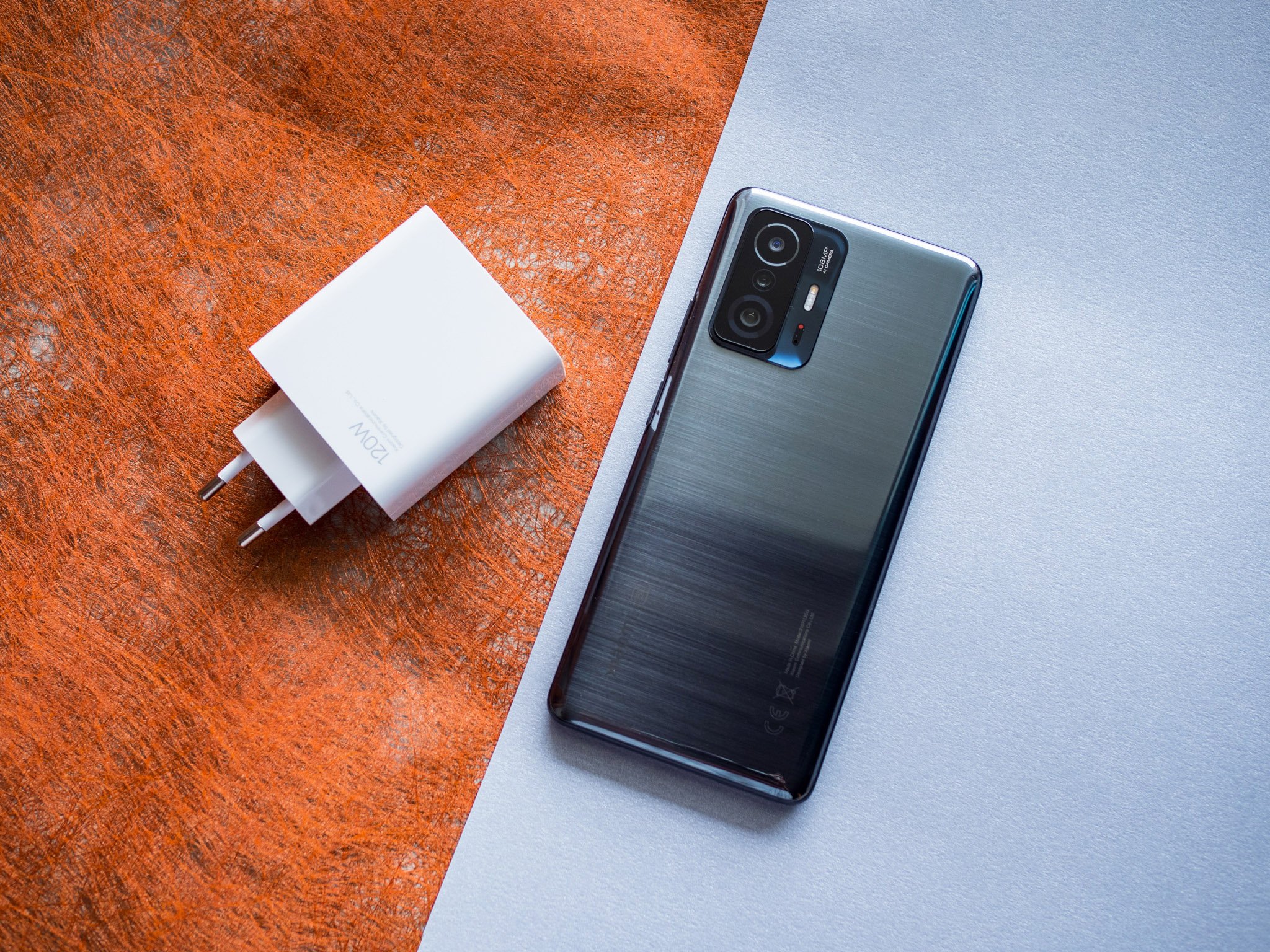

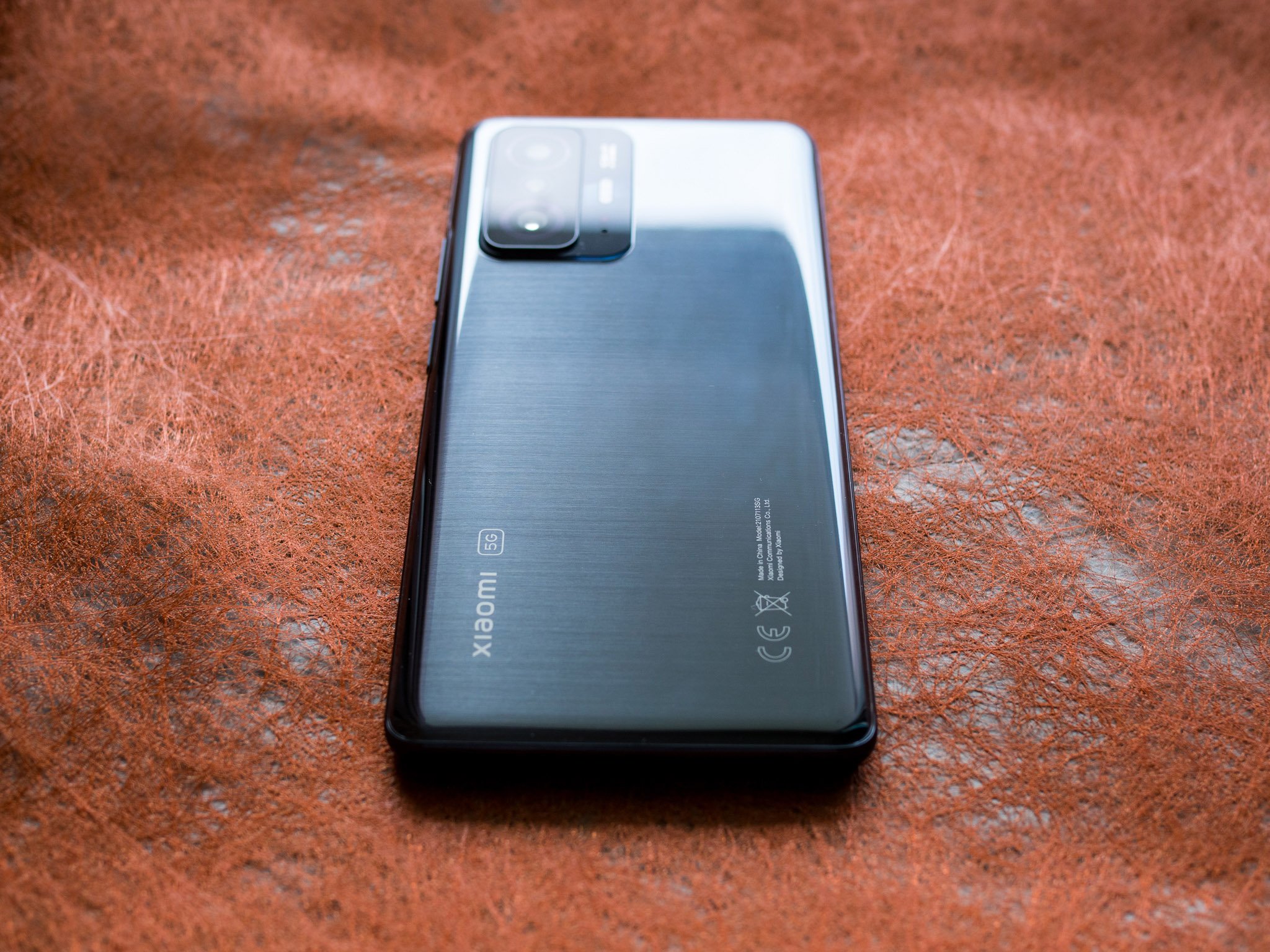
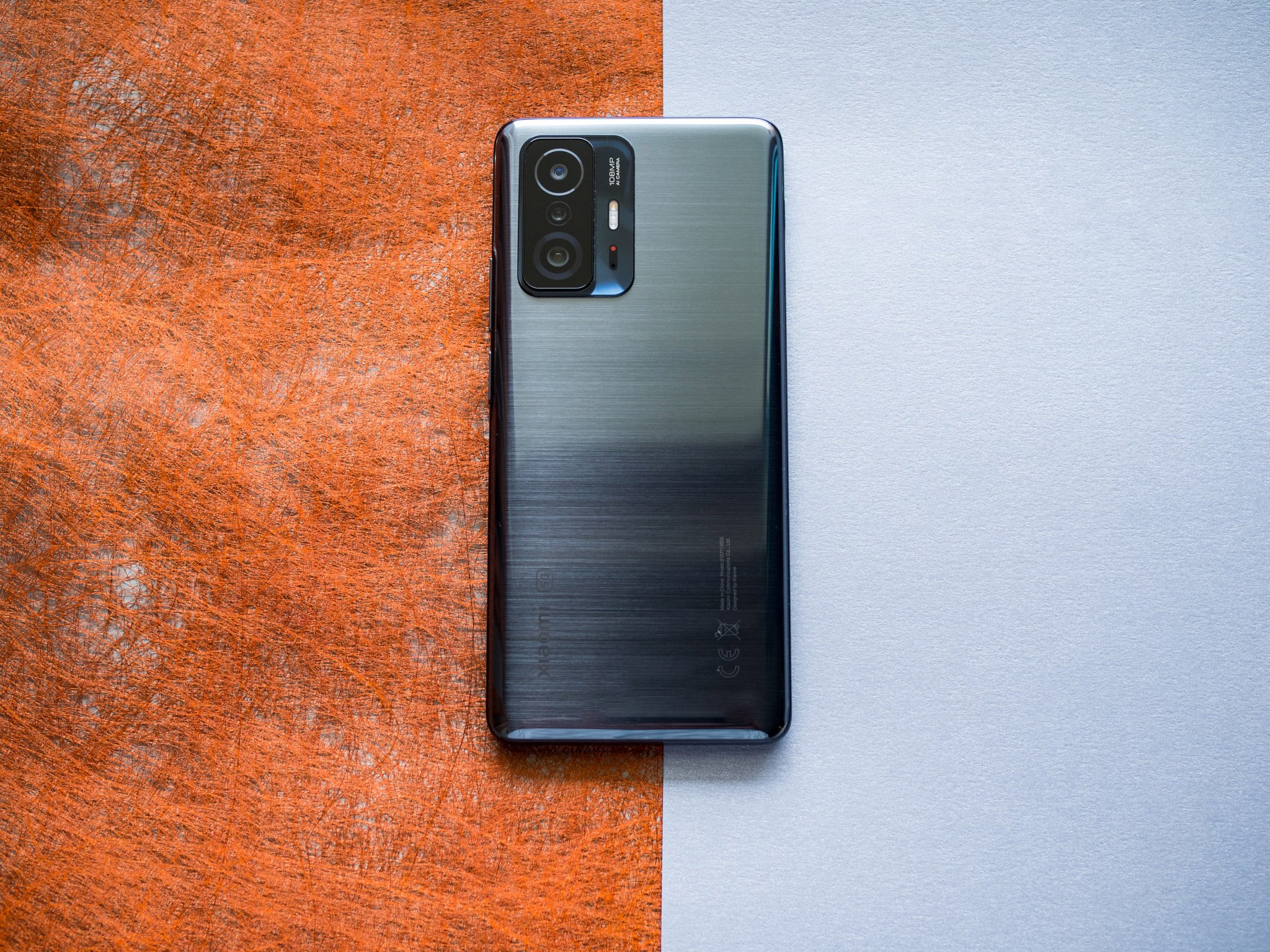
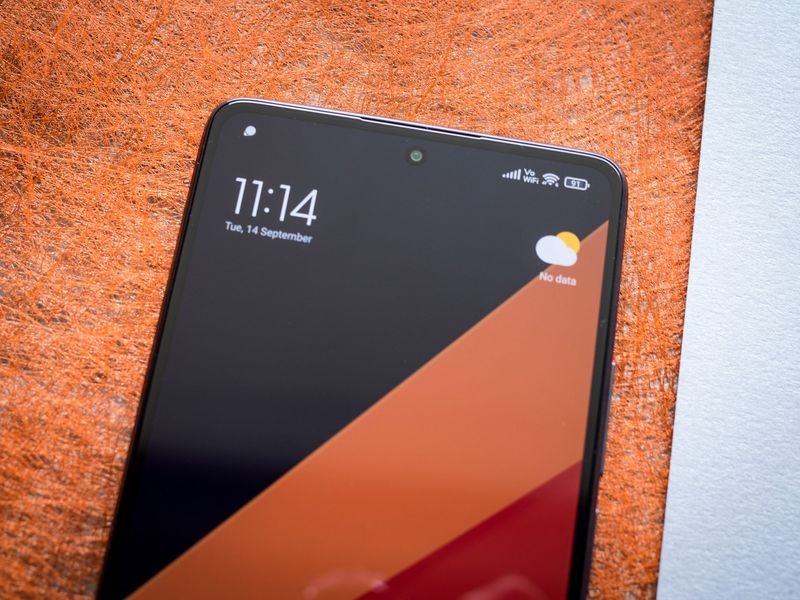
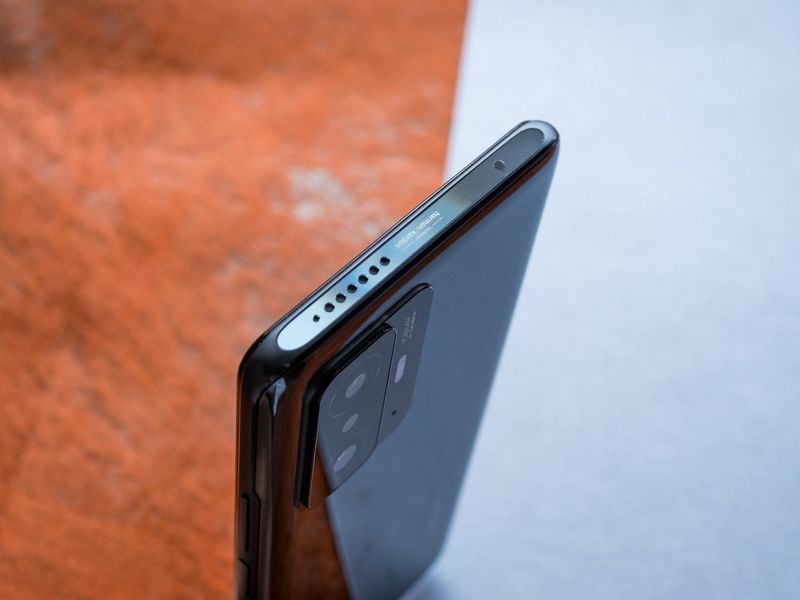
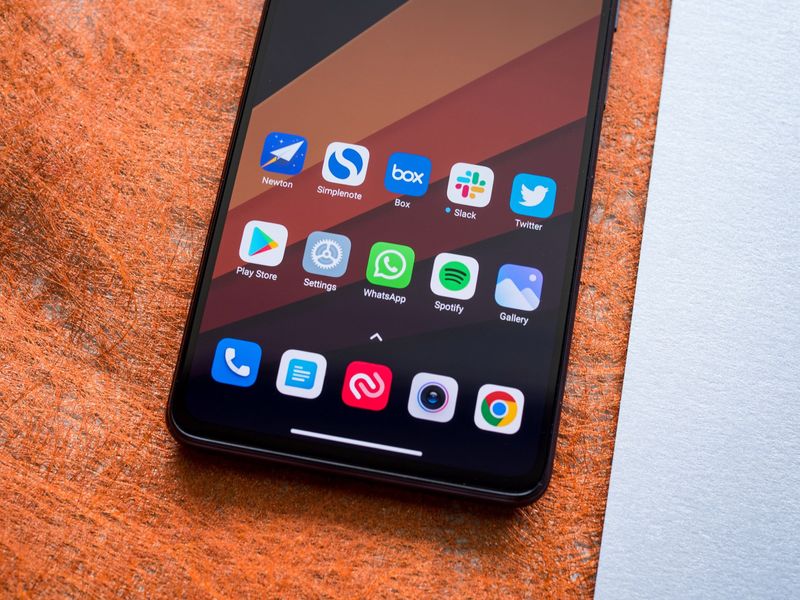
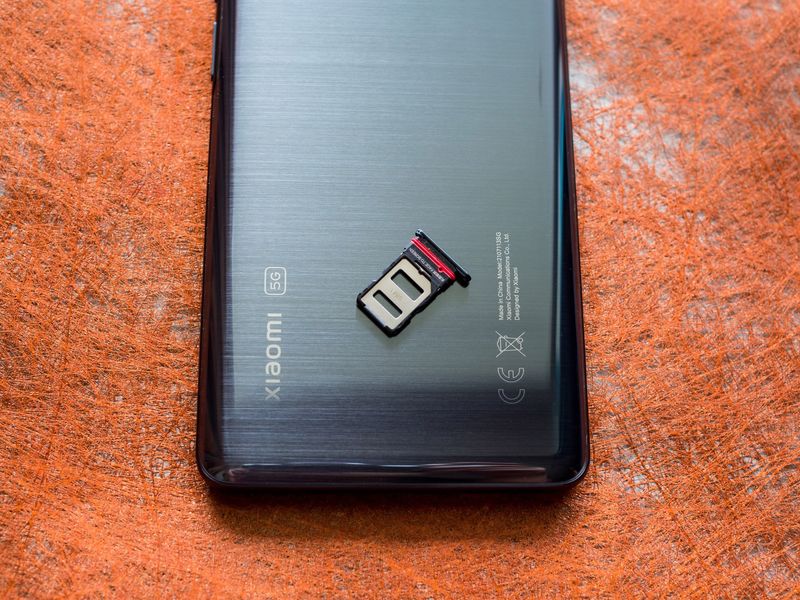
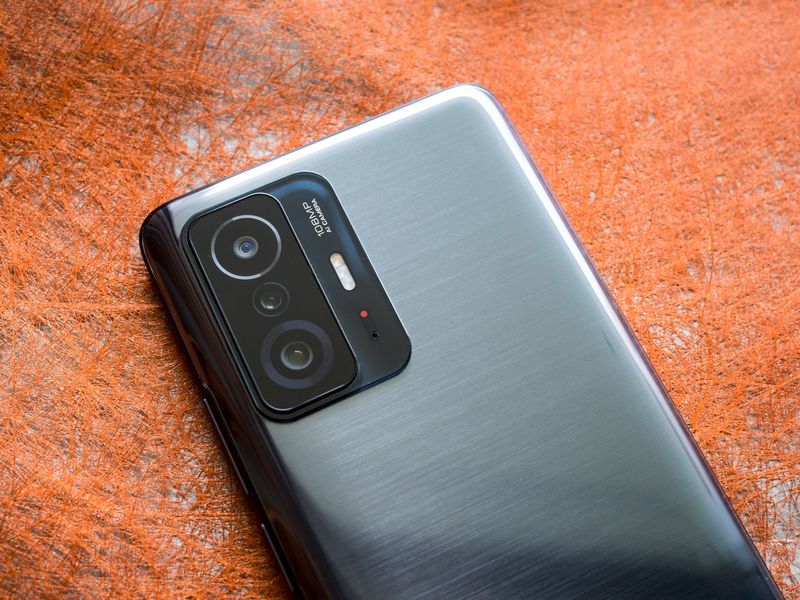
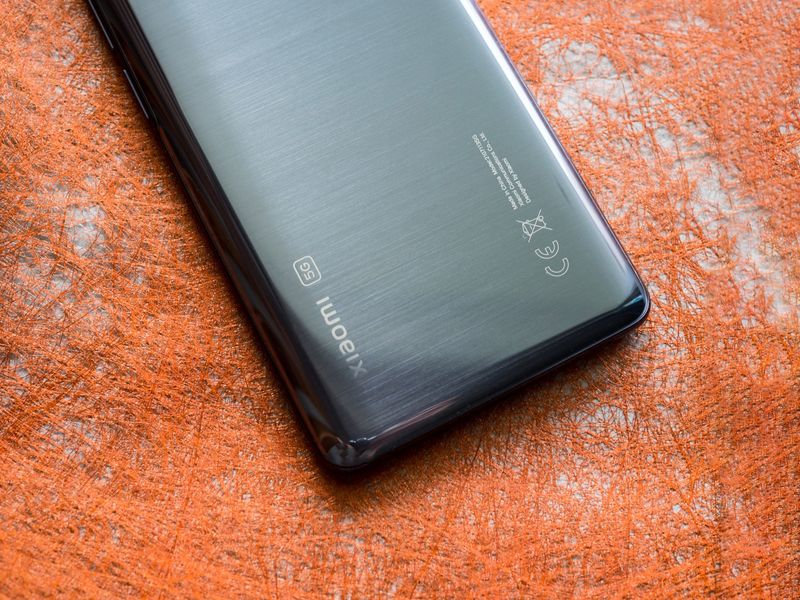
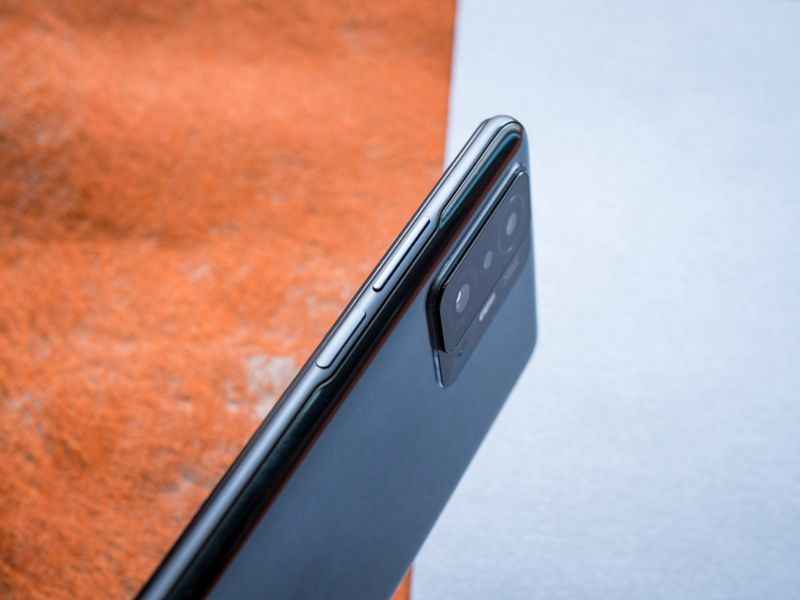
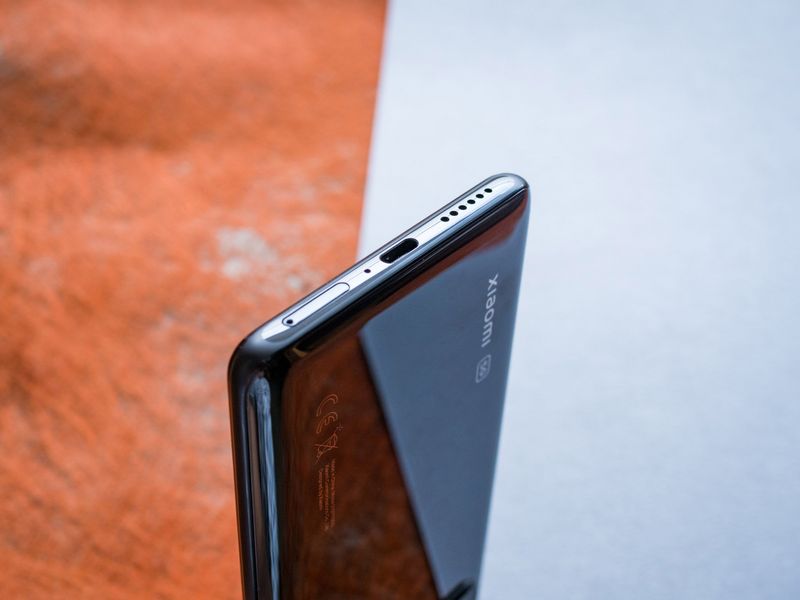
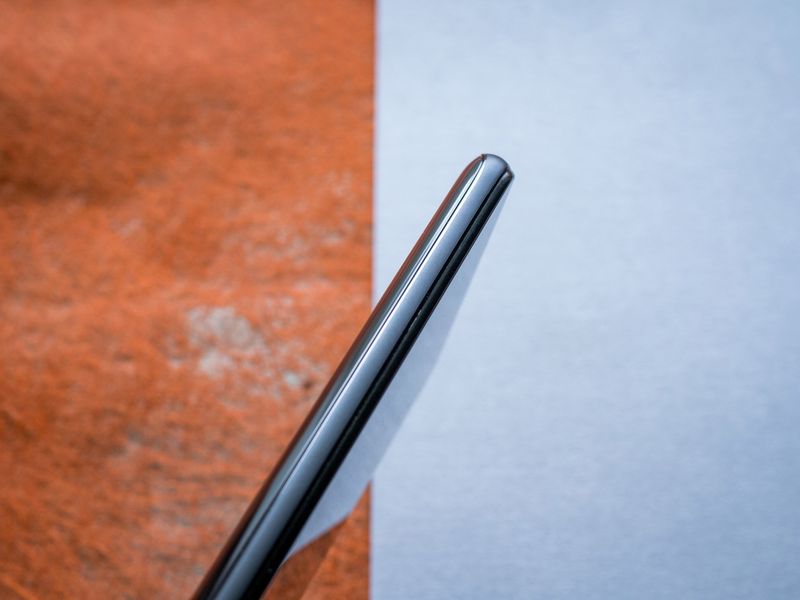
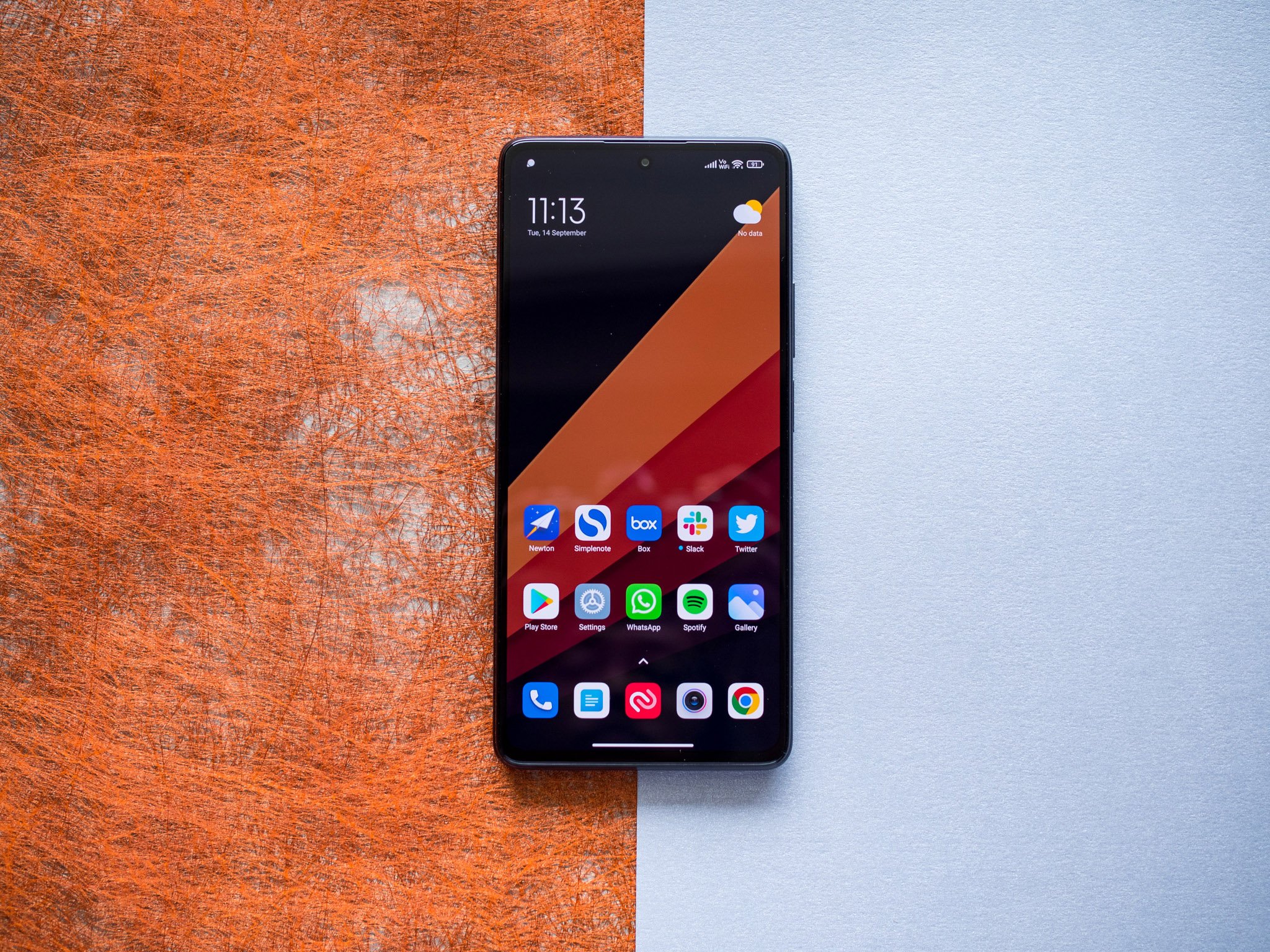
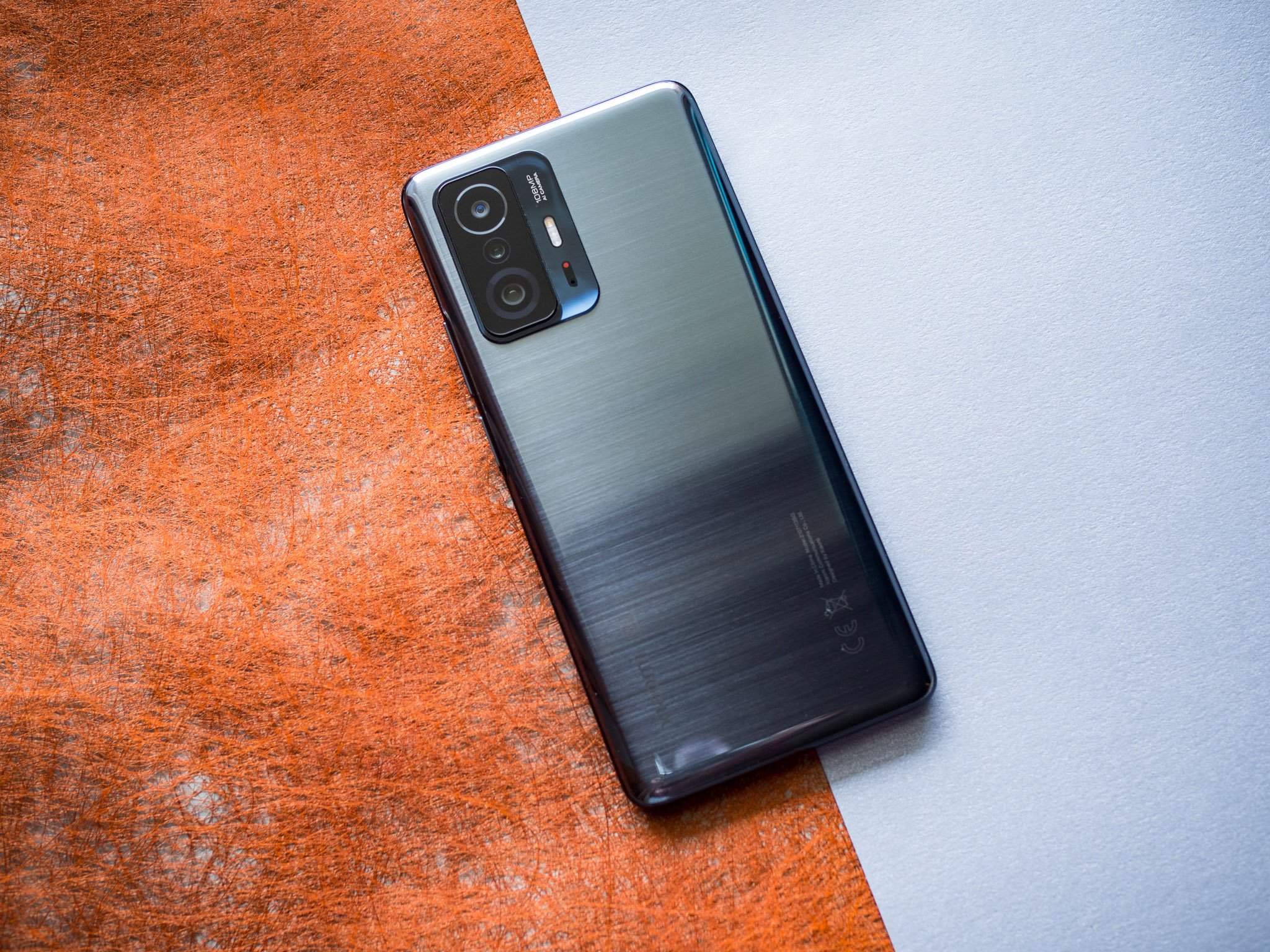
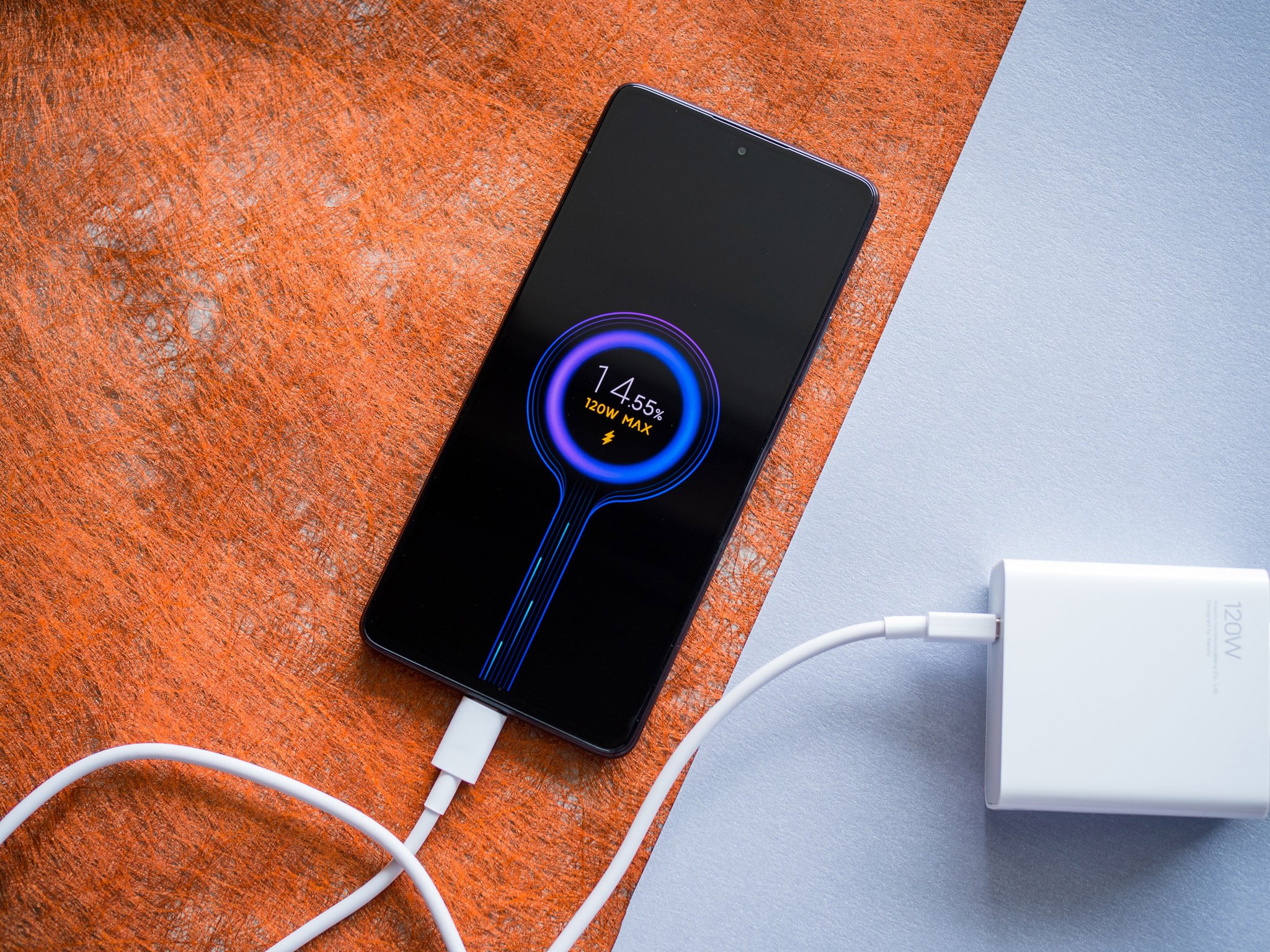
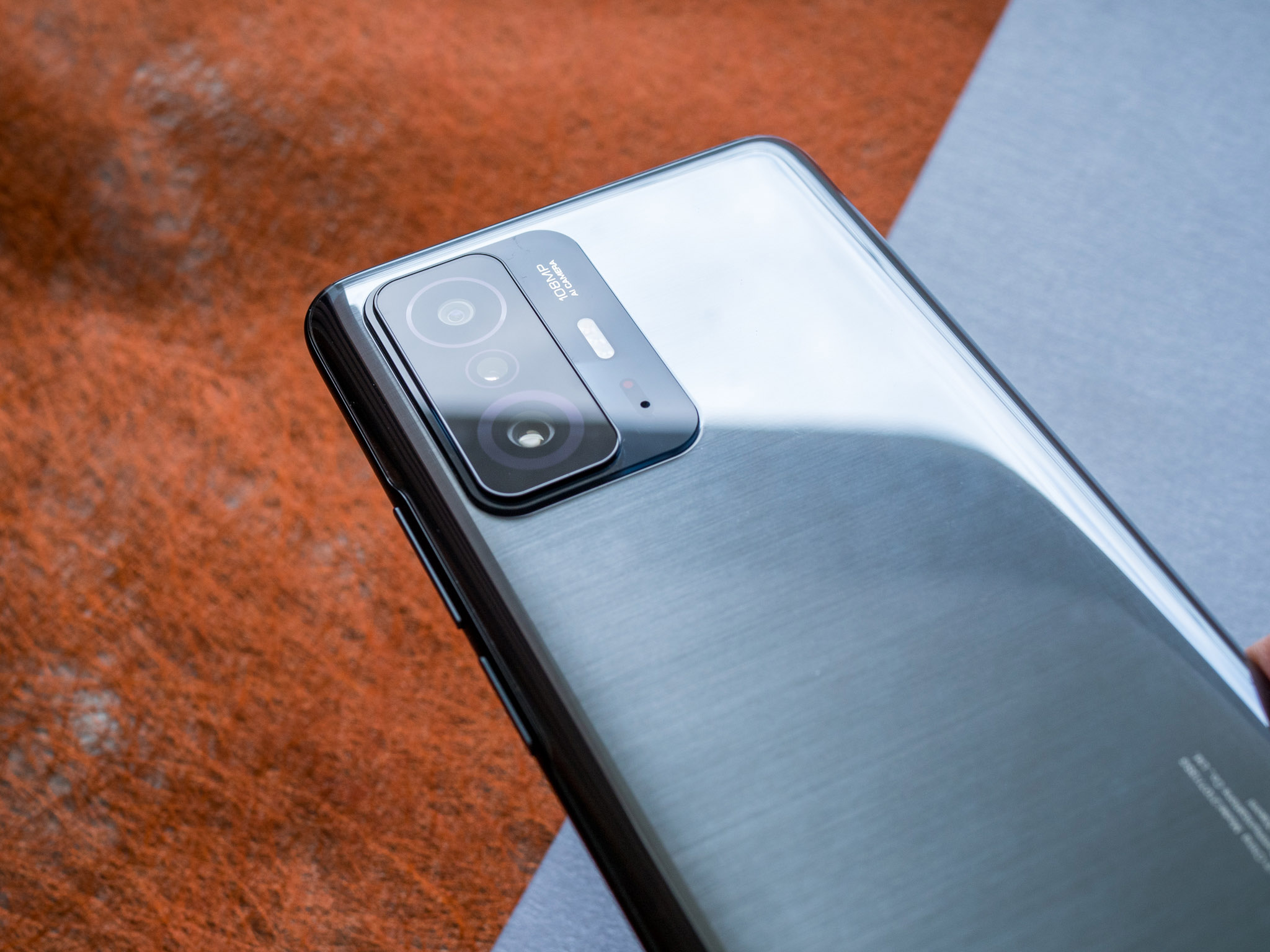
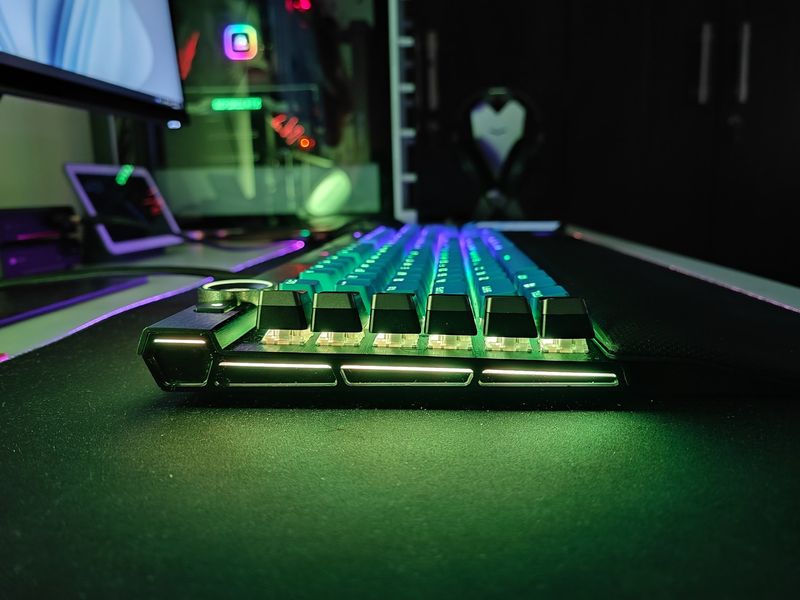
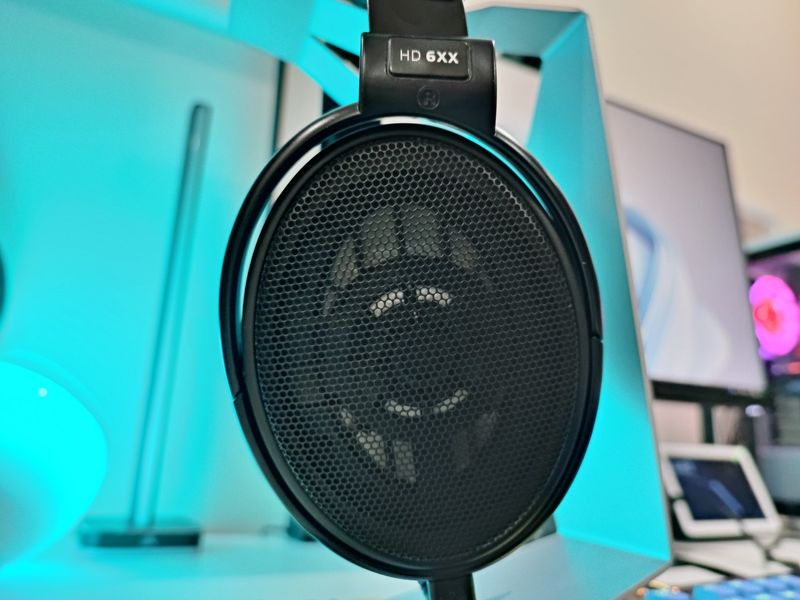

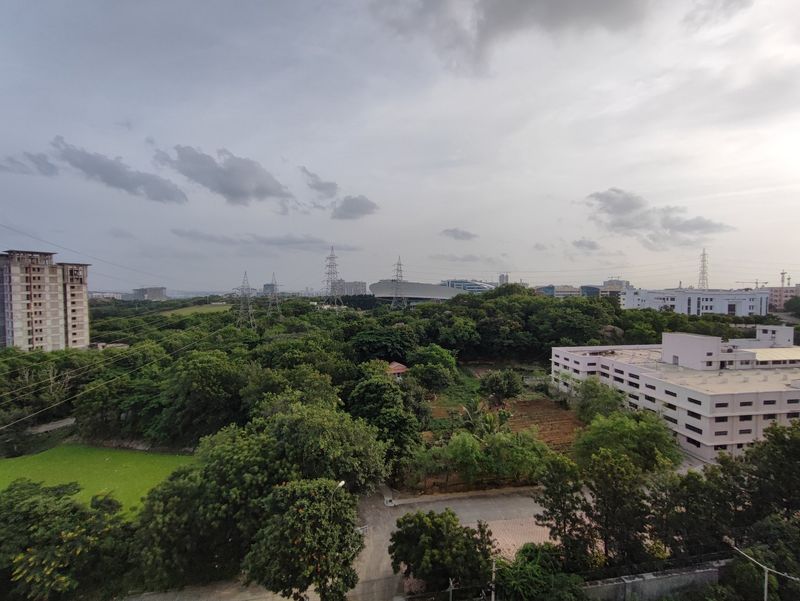
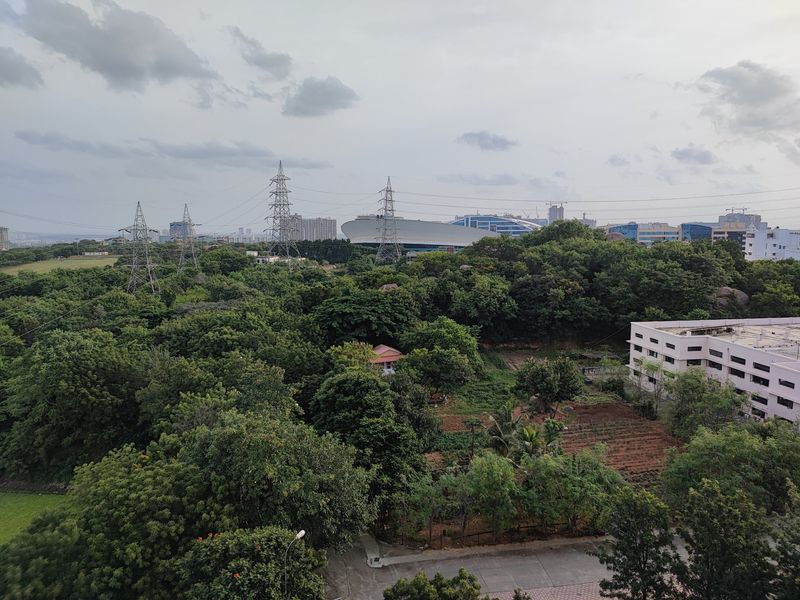
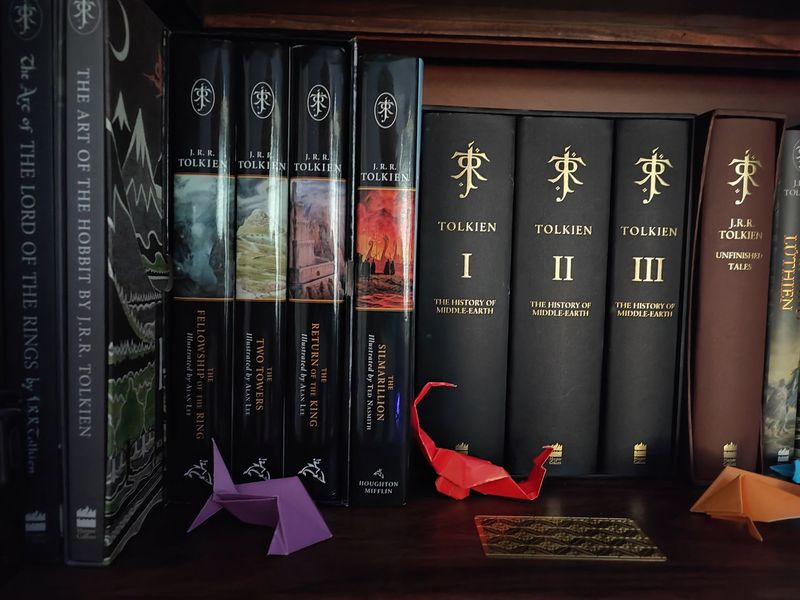
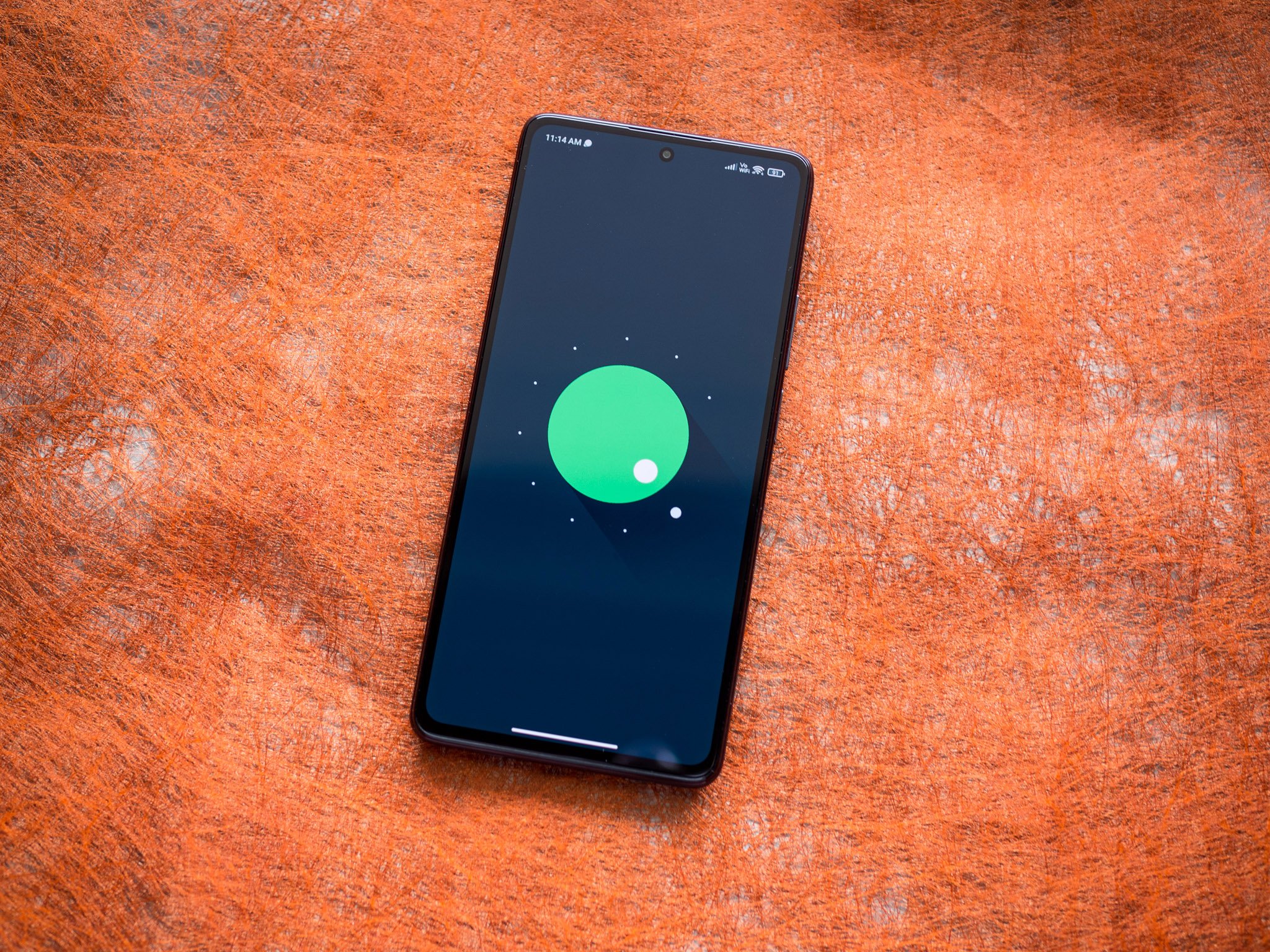
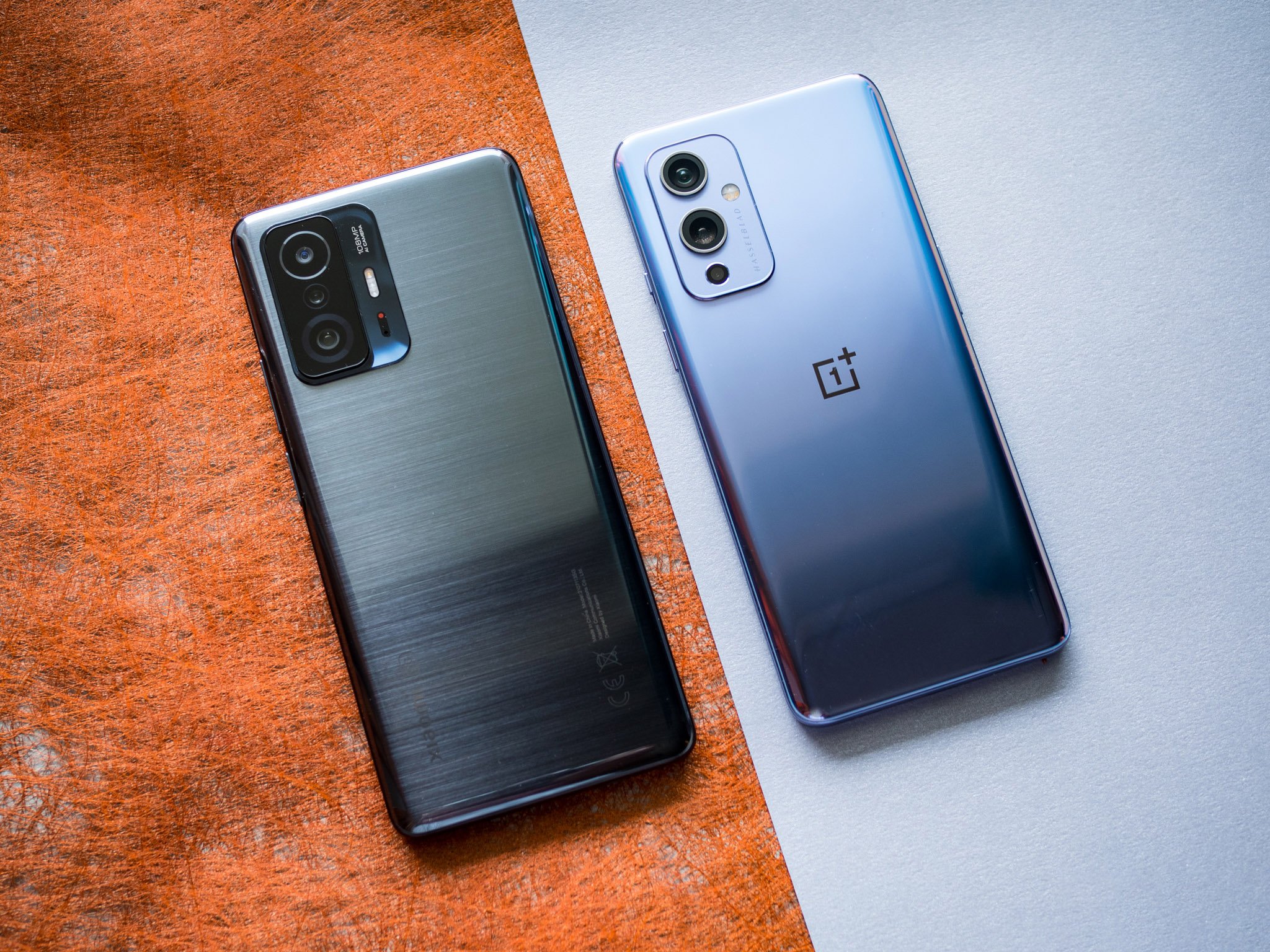
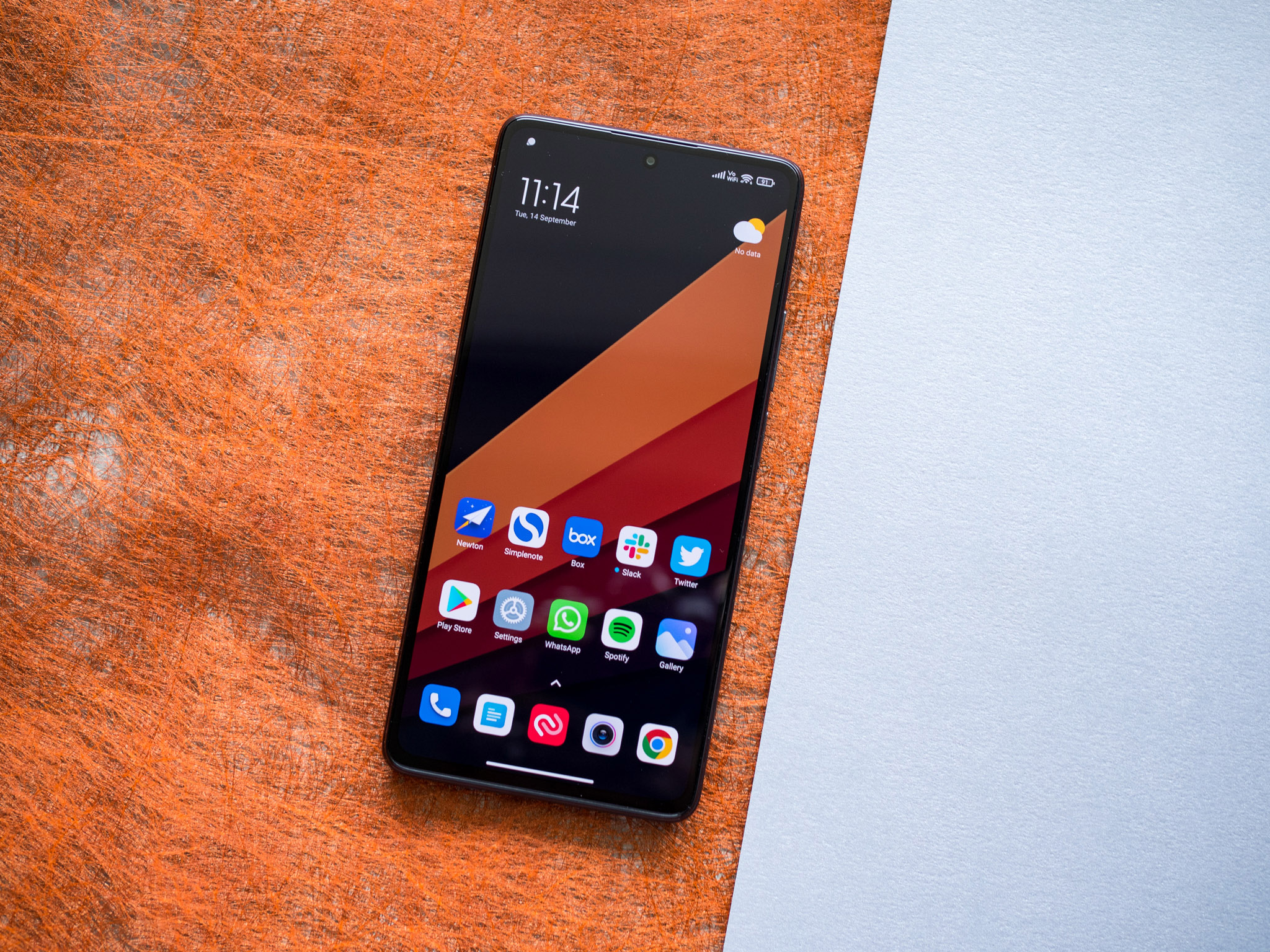
Tidak ada komentar:
Posting Komentar